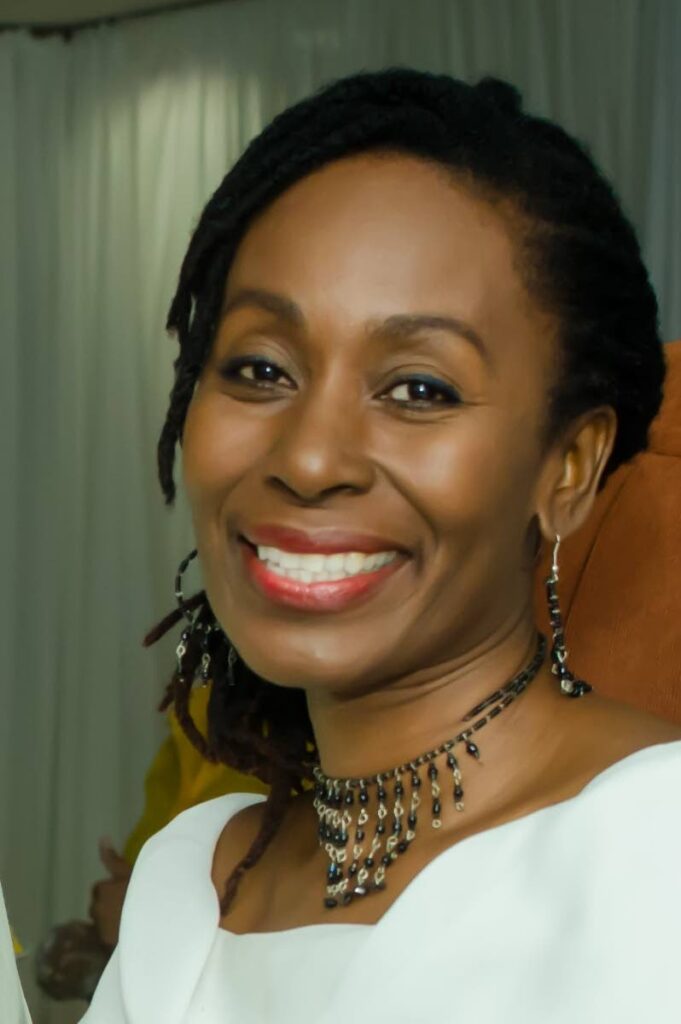Discovering healthy relationships buried by generations of trauma

Culture Matters
DARA E HEALY
“He only hit me once and it was my fault.”
“Stopping this violence starts with believing survivors, adopting comprehensive and inclusive approaches that tackle the root causes, transform harmful social norms, and empower women and girls. With survivor-centred essential services across policing, justice, health, and social sectors, and sufficient financing for the women’s rights agenda, we can end gender-based violence.”
– UN Women
THINKING OF women and girls this week. Of men and boys too. Thinking of the young woman who is kidnapped, forced into prostitution, or worse. Thinking of the woman who is beaten, cursed and has boiling water thrown on her. Thinking of the boy who is sodomised with a sharp instrument and left to die in a cane field. And of the children who are groomed and sexually abused by family members they trust.
Stories of violence; stories of survival. Although this week saw the start of the UN 16 Days of Activism against gender-based violence, I had several conversations about other challenges being faced by families. To be honest, violence is only part of the story. Economic instability, alcoholism, infidelity, single parenting, grandparents left on their own to parent children… Include isolation and other realities created by covid19 and it is easy to feel lost in an ocean of impossibility.
As I internalised the conversations, I wondered: Has violence shifted societal norms or are we more violent because we have forgotten the norms and rituals of our ancestors? Over the years, have we crossed so many lines that boundaries related to healthy family relationships are now completely eroded?
I am referring to the kind of boundaries that stop us from abusing elders, or from thinking that hitting someone once is alright. Or the norms that ensure we insist on knowing the parents of our teenager’s friends. As I talk with practitioners who work in faith-based and community organisations, we keep coming back to the crux of the issue – to a large extent, our society has forgotten how to foster healthy relationships. People no longer seem to have the skills to manage relationships. This results in dysfunction and, ultimately, violence.
This is as simple and as complex as it sounds. Faith-based leaders who counsel couples admit that violence can present itself even in the early stages of a romantic relationship. Over time, it seems we have developed a kind of “violence scale” where some types of abuse are acceptable. So new norms evolved where certain types of emotional or physical abuse are justified, or are not recognised as abuse at all.
Thus, families have now adapted to generational trauma. Gradually, dysfunction has crept into the rhythm of the family. There is no food so the children must help put something in the refrigerator, look after their siblings and the house as well. Sometimes this may also mean they have to leave school. As a child, my grandmother experienced this reality and I am aware of young people who have to deal with this today. Shouting and threatening with a cutlass or a gun are understood to be the way that conflict is resolved. A lash now and again is not the end of the world.
Globally, the numbers support these observations. The UN estimates that nearly one in three women have been abused in their lifetime. The pandemic has led to a situation where “two in three women reported that they or a woman they know experienced some form of violence.” Dysfunction in our homes has begun to affect other spheres, for instance the workplace.
As part of the European Union-United Nations Spotlight Initiative, research is currently being done into the connection between loss of productivity and gender-based violence. Additionally, violence in the workplace is being addressed by examining and challenging concepts of masculinity, power and macho attitudes towards women at work.
Our organisation has an opportunity to introduce visual and performance arts into this space, to support the mission of bringing healing to our families. However, generational trauma has subtly woven itself into every aspect our society, already so traumatised by the violence of our shared history. The ancestral values which could have made a difference in families have to a large extent been marginalised.
Fortunately, this week I also had conversations with survivors, people who had the strength to walk away and are now ready to join the movement for change. Now is the time to confront societal violence if we truly wish to protect families and our nation from unending generations of trauma.
Dara E Healy is a performance artist and founder of the Indigenous Creative Arts Network – ICAN


Comments
"Discovering healthy relationships buried by generations of trauma"